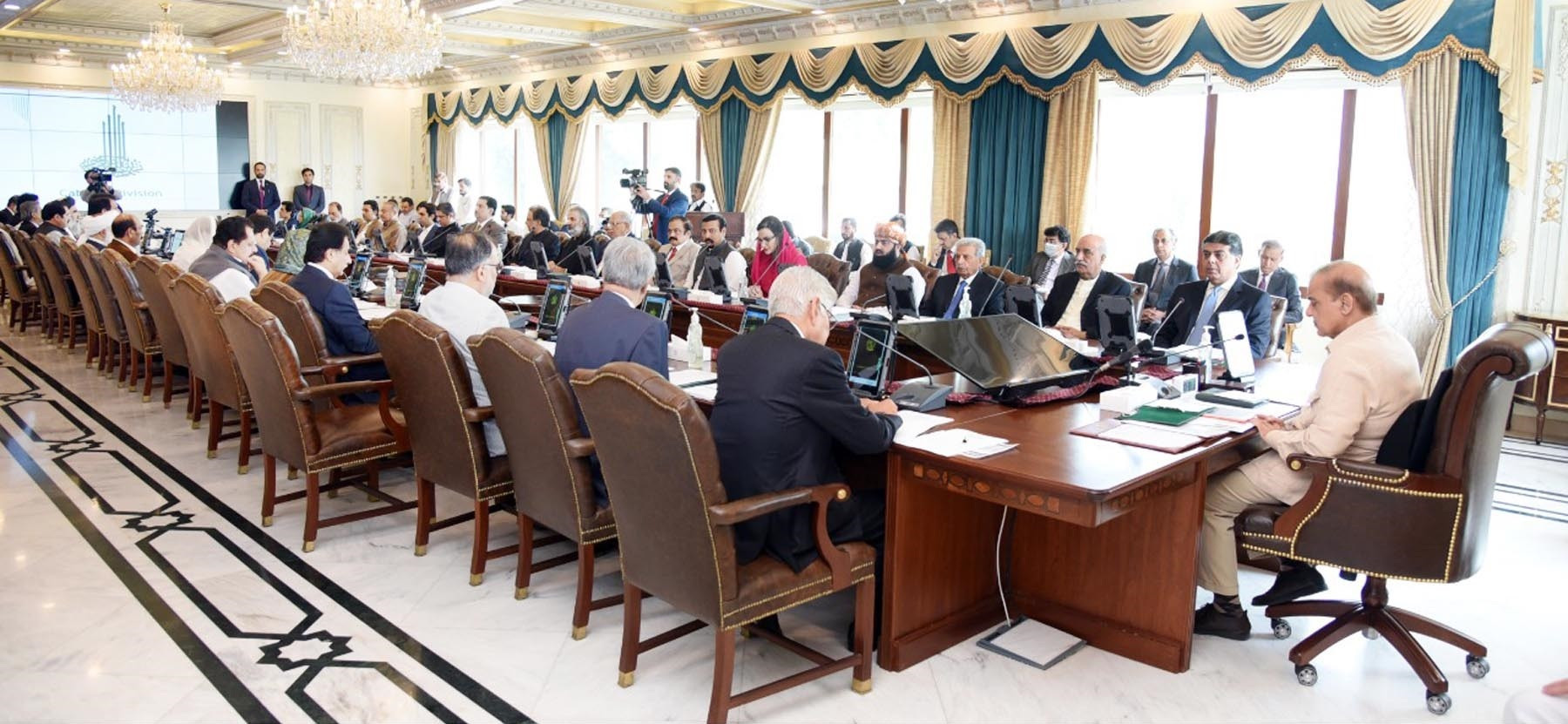
The government has vowed to take political and economic challenges head on but its ongoing indecisiveness over what to do to control inflation, continue subsidy on oil or take loan from the IMF and decide the timeframe for the next elections makes it hard to take its claims seriously.
Amid the battle of narratives, the government and the opposition seem to be busy in seeking assurances from the establishment. However, with every passing day, the experts say that pressure is mounting on the government and its failure to take bold decisions, at the moment, is punishing the poor and adding to the long list of economic challenges.
“It appears that in order to take the unpopular path, the PML-N wants a broad consensus,” political analyst Zaigham Khan said. “It not only wants all coalition partners to take ownership of crucial decision, but also needs some assurances from the establishment.”
Zaigham, who is also an anthropologist and development professional, said that the government was facing two serious and closely linked challenges at the same time – political and economic. He believes that the political crisis has been stirred by former premier Imran Khan who claims that the vote of no confidence against him was in fact an American-sponsored conspiracy.
“The economic crisis is also a legacy of Imran’s government,” Zaigham said, adding that it was rooted in Imran’s decision, announced on February 28, to subsidise oil at a time when Pakistan was facing record trade deficit, resulting in huge current account deficit and record fiscal deficit.
“This decision defied Pakistan’s understanding with the IMF and resulted in temporary suspension of the IMF programme that Pakistan’s economy is dependent upon at this stage,” Zaigham said.
Unfortunately, he said, the new government had so far failed to take the bold decisions that were required to avert a looming crisis due to the political price it may entail. “It appears that it has not made its mind about the timeframe for the next election,” he said. “Withdrawing subsidies will require the government to stay longer to weather the wave of unpopularity that may result from tough decisions.”
On the other hand, Zaigham said that it may call elections early and leave the difficult decisions to the interim government. “This option, however, may have serious consequences for Pakistan’s economy,” he feared. In his opinion, he said: “The government should give priority to the economy and take the necessary steps without any delay.” He feels that the government is under no obligation to hold early election and may wait for the political storm to subside.
Professor Tahir Malik said that former PM Imran was already in election mode but it seemed that the government was feeling the heat and compelled to adopt the election mode. Rallies, at least suggested that the government could not afford to let the PTI shape the narrative alone.
Professor Malik said, “Imran has also changed his narrative as he is focusing more on foreign conspiracy and the role of the establishment than his government’s performance, especially, after his failure to make the corrupt stand accountable and go for accountability across the board.”
Since Imran’s ouster, the professor at NUML University’s IR department feels that the government “is consistently supplying oxygen to the PTI by, for instance, going abroad to take guidance from the party leadership that can’t immediately come back; by appointing PM’s son as the Punjab chief minister and by taking adjournments in corruption cases besides being staying indecisive about the economic crisis”.
“The government is between a rock and a hard place,” he said, adding it was the government’s own failure as it made the people believe that it had a solution to all the problems and would speak through its performance after coming to power. This, however, he says, has yet to happen.
For Malik, not having clarity about the tenure of the government was adding insult to injury, saying the government was currently taking cosmetic measures instead of going for real economic reforms.

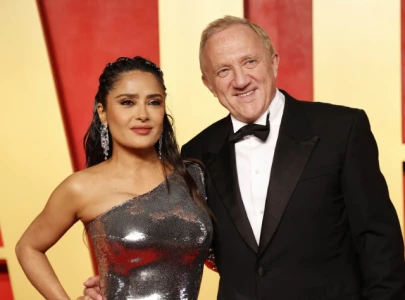




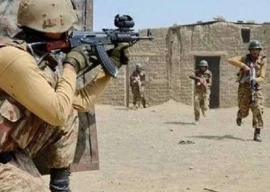
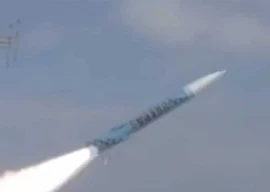
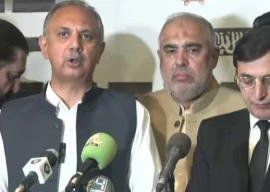
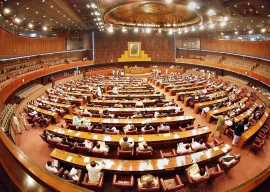

1726140338-01730723472-0/Untitled-design-(42)1726140338-01730723472-0-270x192.webp)
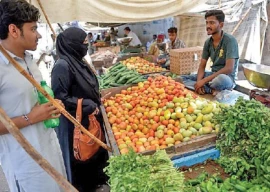
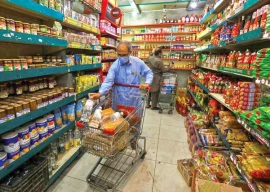




1730706072-0/Copy-of-Untitled-(2)1730706072-0-270x192.webp)
COMMENTS (2)
Comments are moderated and generally will be posted if they are on-topic and not abusive.
For more information, please see our Comments FAQ